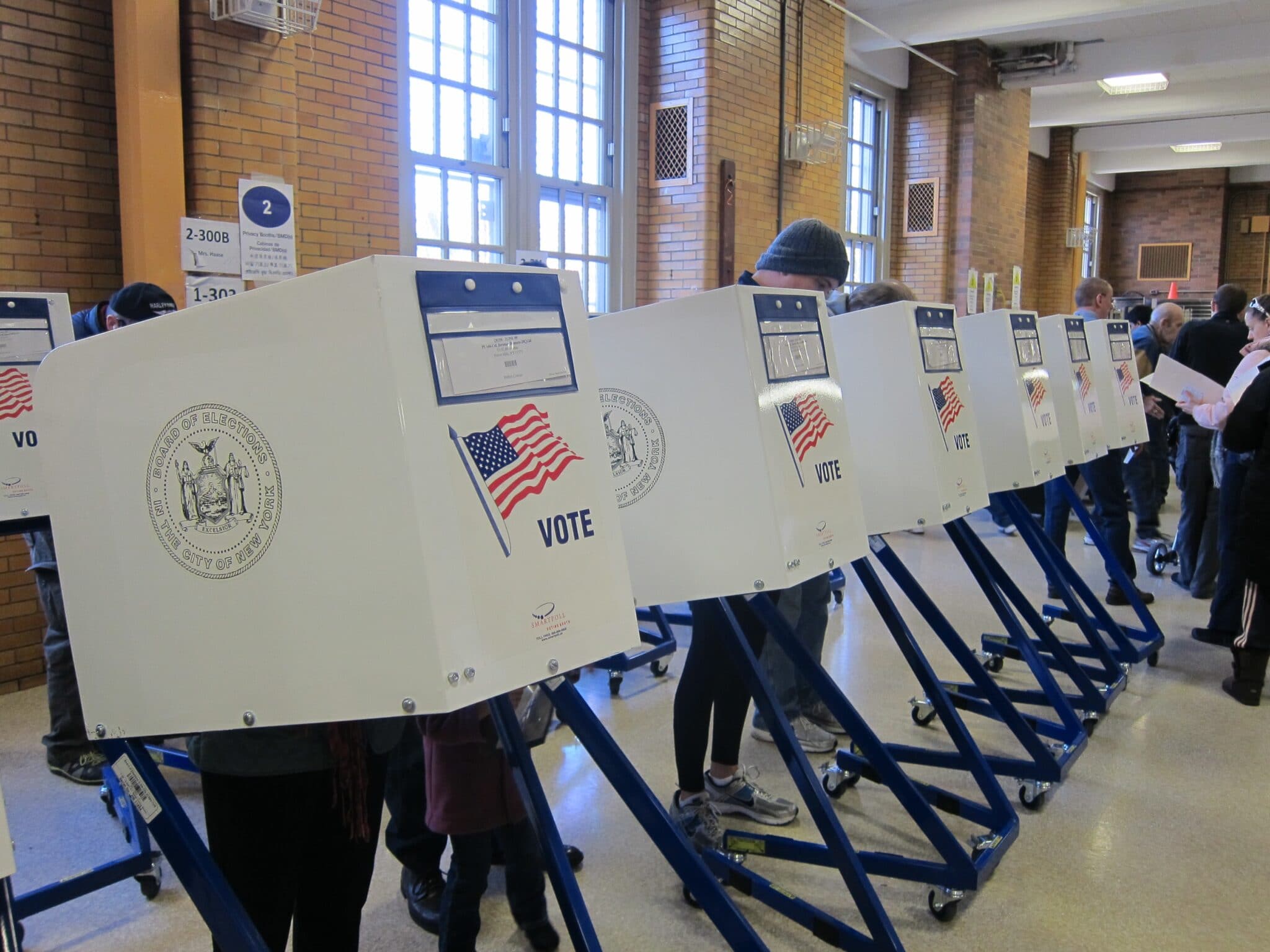Many gamers on Twitch hope to turn it into a business and make money, but it's hard with so many streamers. Photo by Mateo Vrbnjak on Unsplash.
Five days a week, Brendan Reilly sits in front of his computer and plays video games by himself, but he’s not alone. His high-definition webcam and headset connect him to his Twitch channel, where he’s known as Classic2089. Before the pandemic reached New York City, Brendan was relaxing. “I was working for Casper (mattress company), like, two years ago, and I saved up a whole bunch of money and I was like ‘Oh, I’m gonna take a few months off!” After his vacation, Brendan went back to work. But when the pandemic reached New York City, Brendan lost his job and had to quarantine at home.
Brendan considers himself a social introvert. “I like doing social things, [but] I’m also very introverted,” he said. Seeing the increased usage of social platforms, he found a solution to his isolation: streaming video games on Twitch. “I can do it virtually. Everybody’s doing Zoom meetings, but let’s take it a step further. Let’s do us playing games together and playing games by myself.”
Video game sales set a new record in the United States, reaching $56.9 billion dollars in 2020. Twitch, the online live streaming platform, allows content creators to stream any activities but focuses more on video game streaming. Now, 9.7 million creators stream on the platform every month.

Brendan Reilly streams video games on his Twitch channel. Credit: Brendan Reilly (@Classic2089)
Twitch’s debut in 2009 inspired other companies to roll out game streaming services, with YouTube releasing YouTube Gaming in 2015, and Microsoft acquiring the platform Mixer in 2016. (Mixer shut down in 2020.) Most recently, Facebook released its Facebook Gaming mobile app on April 20, 2020. Shakeel Hakeem, who goes by angelofdefiance, began streaming on both platforms. “It’s not really about playing the video games now. Now, it’s getting involved with people. Being able to have that one-on-one connection.”
Shakeel streams three days a week, and though players can’t see their viewers, he feels their excitement through comments they leave. “That’s what keeps me going. Even though sometimes I’ll have like one or two viewers, that one person can give me the inspiration to keep going.”
Many gamers on Twitch hope to turn it into a business and make money from their videos. Richard Blevins, who goes by Ninja, has the biggest following on Twitch and takes in $5.4 million a year. But not everyone can make it big on Twitch. “You can make a lot of money with Twitch,” Shakeel said. “But it’s oversaturated with streamers. To grow on that is going to take a hell of a lot of time.”
Shakeel has 71 followers on Twitch, and almost 400 on Facebook Gaming. “It’s a lot easier to grow on Facebook. But, if you can make it on Twitch, it’s definitely better financially for streamers,” he said.
Twitch prides itself in helping creators build their online community, but Brendan feels the platform can do more to stop the disparaging comments toward marginalized communities. “The racism on Twitch, the transphobia on Twitch, the homophobia on Twitch. I feel like there should be a better way to get rid of that. They need to put their foot down on it. I had a friend who just transitioned, and we were talking about his story and somebody, I don’t even know who or how they found my stream, but they started being super rude and I was like, ‘Nope, you’re getting banned.’”
Twitch spokesperson Ariane de Selliers refused to give us a comment. But referred us to their Hateful Conduct and Harassment Policy. It details what the site tolerates, and Twitch won’t allow hateful behavior “that promotes or encourages discrimination, denigration, harassment, or violence based on the following protected characteristics: race, ethnicity, color, caste, national origin, immigration status, religion, sex, gender, gender identity, sexual orientation, disability, serious medical condition, and veteran status.”
In late 2020 Twitch upgraded its algorithm to block hate speech. But Brendan figured out a solution for his channel when the algorithm falls short. He said, “Typically, you self-police. I have two [moderators], three including myself. I know some [streamers] have fleets of them. I set my own rules and pretty low tolerance when it comes to people and their hate. I find it easy to just block people when they cross the line.”
Tags: Alexandra Eller City College Journalism Coronavirus COVID-19 Cuny Gamers Gaming isolation The City College of New York Twitch
Series: Coronavirus






